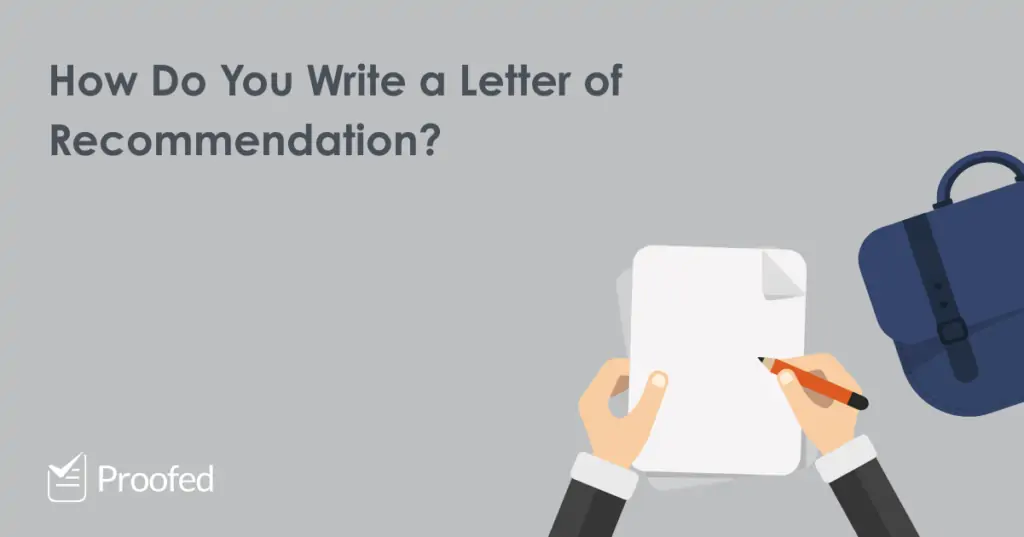Most of us have needed a letter of recommendation – otherwise known as a letter of reference – when applying to university or job hunting. But preparing a recommendation letter is another matter. So if you’ve been asked for a reference, check out our tips to writing a letter of recommendation.
1. Collect Information
A good letter of recommendation will be tailored to the situation at hand (e.g. the role or course to which the individual is applying). But to tailor a reference, you may want to ask for the following information:
- An up-to-date CV/resume (and possibly a cover letter) from the applicant.
- Any relevant qualifications, experience or skills they want to highlight
- A description of the role or course to which they’re applying.
The more you know, the easier it will be to tailor your recommendation.
2. Structuring a Letter of Recommendation
Most recommendation letters follow a basic format. Try to include:
- A suitable salutation (e.g. ‘Dear [Recipient’s name]’) and valediction (e.g. ‘Sincerely yours’ or ‘Yours faithfully’).
- An introductory line recommending the person for the role.
- A short passage about how you know the candidate.
- An overview of their skills in relation to the role/course.
- Evidence of their achievements or a story that demonstrates their abilities.
- A short closing statement, summarising the above.
- Your contact details and an offer to provide further information if required.
Try to keep this clear and concise, focusing on the most relevant points. And try to make it sound professional without being overly formal.
3. Proofread It!
The final step, as with any well-written letter, is to proofread your final recommendation. This will help ensure it makes a great impression on the person who reads it. After all, a letter of recommendation is always stronger when it is accurate, professional, and easy to read.
Summary: How to Write a Letter of Recommendation
Have you been asked for a written reference or letter of recommendation? If so, make sure to follow these simple tips:
- Ask the person you’re writing a reference for to provide relevant information (e.g. a job or course description, plus a CV or resume).
- Provide a clear, concise account of how you know the person you’re recommending and why you are recommending them.
- Include contact details so the recipient can get in touch if required.
- Proofread the letter carefully when you have a final draft.
And to show you how this would look, we’ve prepared a sample recommendation letter below.
Example Letter of Recommendation
Dear Ms Smith,
Find this useful?
Subscribe to our newsletter and get writing tips from our editors straight to your inbox.
I am writing to offer an enthusiastic recommendation for Jenny Lee, who has recently applied for a junior researcher position at your organisation. I have worked with Jenny for the past year at the Centre for Political Discourse, a think tank where I am the Head of Internal Policy.
Jenny joined our organisation shortly after graduating from the University of Adelaide with a degree in politics, beating several strong candidates in the process. And although she is now coming to the end of her contracted role, she has been an invaluable member of the team in that time.
Her analytical skills are superb, and she has helped us develop several new policy initiatives. She is also a very quick learner, especially when it comes to statistical techniques and software. Likewise, her confidence and team-working skills were vital in delivering our Make Politics Happen scheme.
In relation to the role at CyberPoll, her experience of using data to create political profiles suggests that she would excel with this work. And as she is also a thoughtful, dedicated, professional and trustworthy person, I believe that she would be a great addition to your team.
Feel free to call me at 0481 473121 if you would like to discuss Jenny’s qualifications further.
Kind regards,
Laura Hansard, Head of Policy
Centre for Political Discourse



